If the high school version of Nick Dancer could get a look at the 34-year-old version of Nick Dancer, he'd be a little surprised, completely amazed and 100% stoked to jump ahead 15 years into the future.
That view would feature the owner of a successful concrete contracting firm, manager of a staff of 18 team members, published author, mentor, marketer, trainer, father, and husband -- all within the same frame.
Dancer’s life didn’t always seem destined to go that way, though his first job was on a construction track. Around age 17, he decided to take part in a program through his school that offered entry-level janitorial jobs at the high school in his small, rural hometown of Delphos, Ohio.
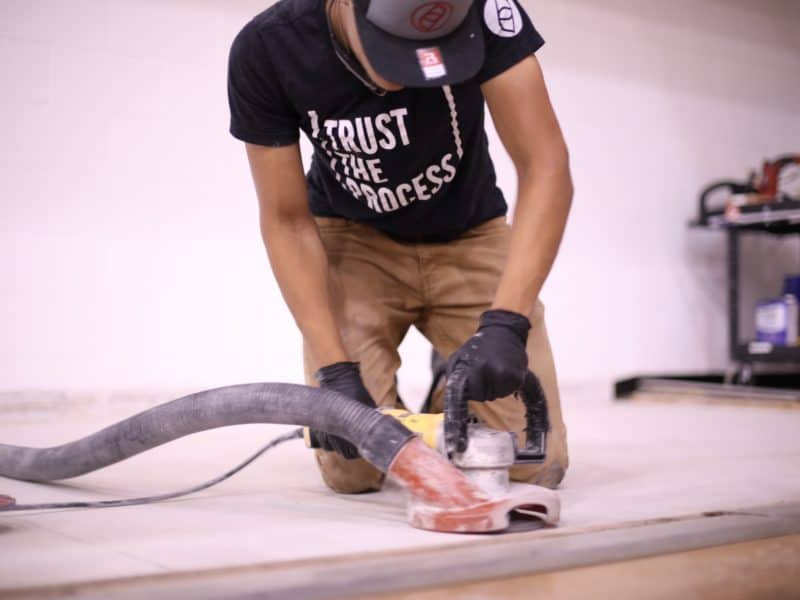
“It was during the summers, and a handful of high school students signed up,” Dancer says. “We painted rooms, waxed floors, janitorial work. We got paid the lowest wages possible ($5.15/hour), but it was awesome because you got to work with your friends.”
Janitorial work didn’t feel like it would amount to much beyond a summer job in high school for Dancer at the time, especially considering his high school’s sky-high college acceptance rate.
“I signed up for college, and I went to a high school with 95% college placements, so it’s common to just sign up for college,” he says. “But when the time came to go buy books and move into the dorms, I just didn’t. It was the first time I could make my own decision, and I thought I was going to college until I just didn’t go.”
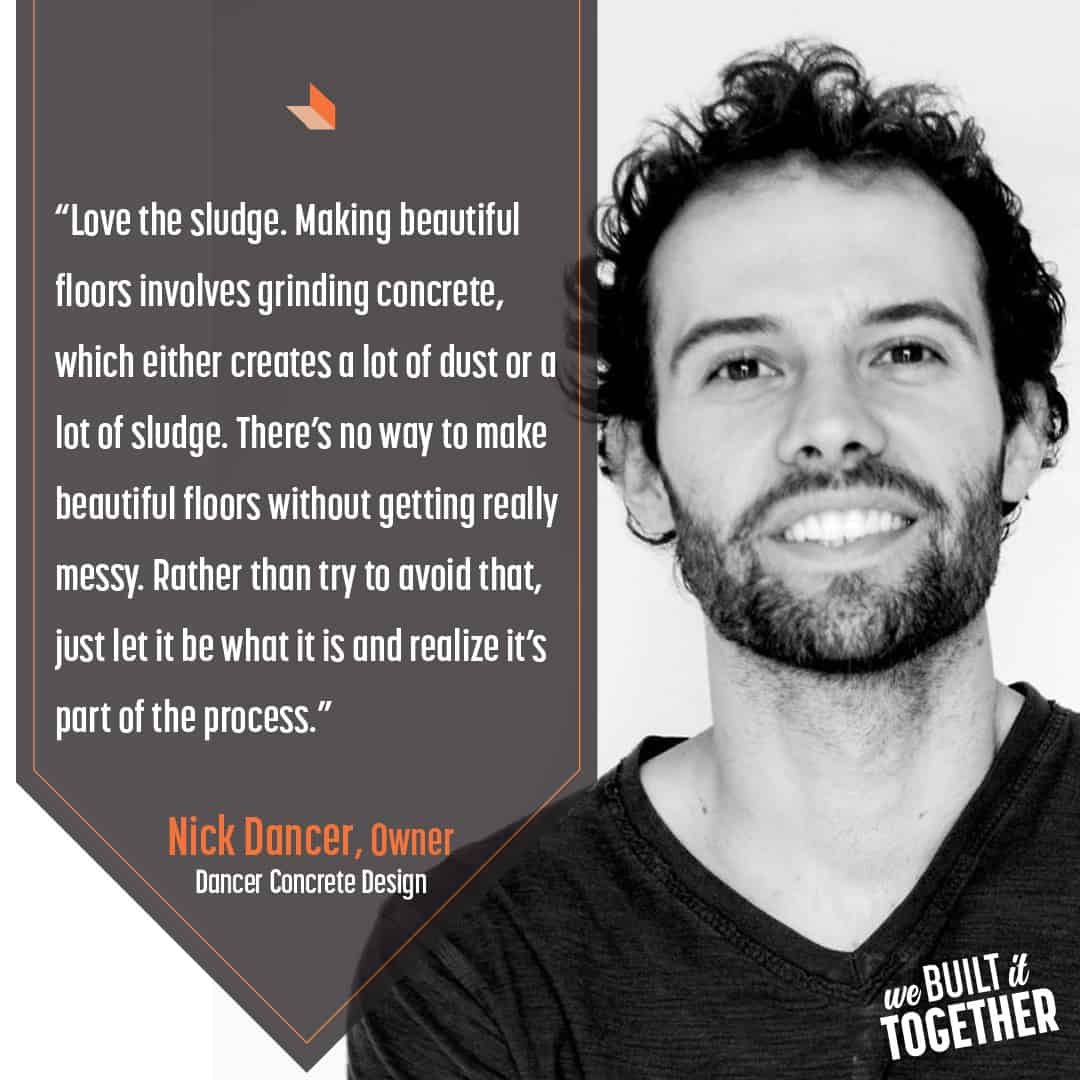
He wishes it wouldn’t have been such a radical statement back then to not attend college. With all that a career in construction has to offer, the industry should be an attractive option that’s better promoted to high-school kids, he says.
“If you tell people you’re not going to college, there’s a stigma around that,” he says. “The smart kids are going to college, and you’re not. There’s a stigma in not going. We have to create success stories to show what’s possible.”
At the time, Dancer took the stigma in stride and looked for other options. He found work at a local company doing some traditional concrete work on grain bins and sidewalks. After a few years and recovery from a life-altering motorcycle accident, he ventured off on his own and founded a company called Countercrete, which specialized in concrete countertops, architectural precast elements, vertical concrete stamping and other artisanal work.
“When the time came to go buy books and move into the dorms, I just didn’t. It was the first time I could make my own decision, and I thought I was going to college until I just didn’t go.”
While his technical skills shined, Dancer admits his business acumen needed a little help.
“I was 20 years old. I really didn’t know the difference between revenue and profit, and I didn’t handle my finances very well,” Dancer says. “I was also working by myself for the first time and was probably overconfident in my abilities, because previously in my other work I was being supported by others where I was weak. In decorative concrete and artisanal work, it’s a lot of people by themselves, and I realized I really wanted to get back to a team environment.”
After shuttering that business, his next move was joining a big team for a big change of scenery.
“I went to work for a Target store, and I realized really quick that I was not gifted to work in a Target store,” he says. “I had a craving to make things, that was an element I really liked. I had a shop, and I started advertising floor work.”
“I had done some work, and as I got more into floors, I started building a team, and I realized this was my sweet spot.”
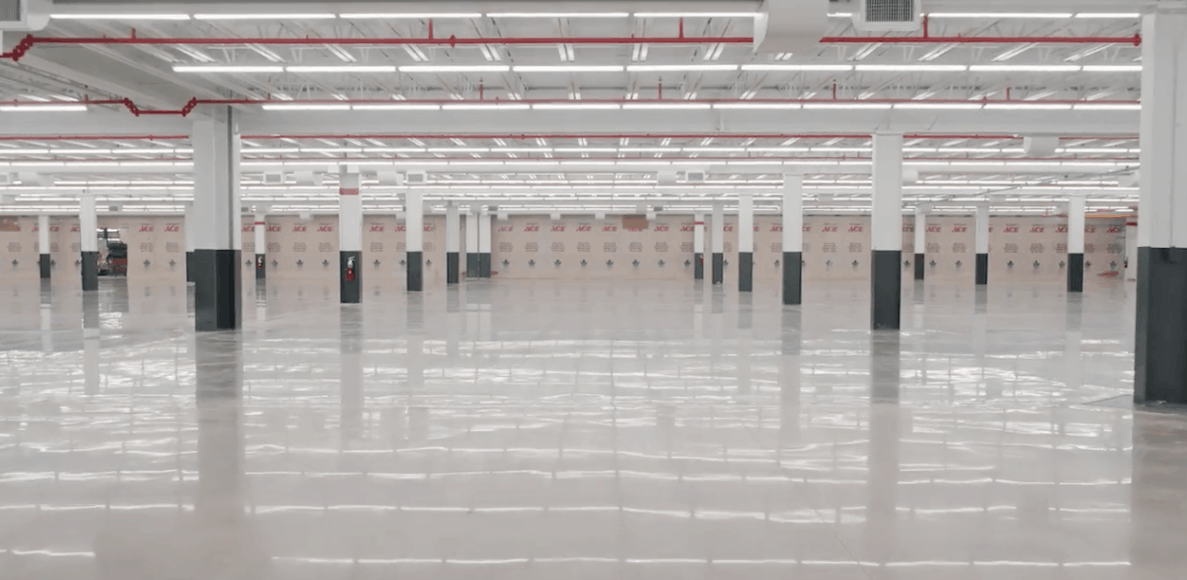
Fast-forward 15 years
Today, Dancer Concrete Design has a staff of 18 and does about $2 million in sales a year in concrete polishing and epoxy floors.
Working with friends while making $5/hour 15-some years ago in high school ended up preparing Dancer for his success today, albeit in an unexpected way.
“I learned how to strip and wax terrazzo floors from working for the school,” he says. “It all makes sense now, but it was not that well thought-out.”
By the time he started Dancer Concrete Design in 2011, Dancer was ready to put his thinking to work, and he did – into his business. He purposefully established a culture focused on his staff from the very beginning.
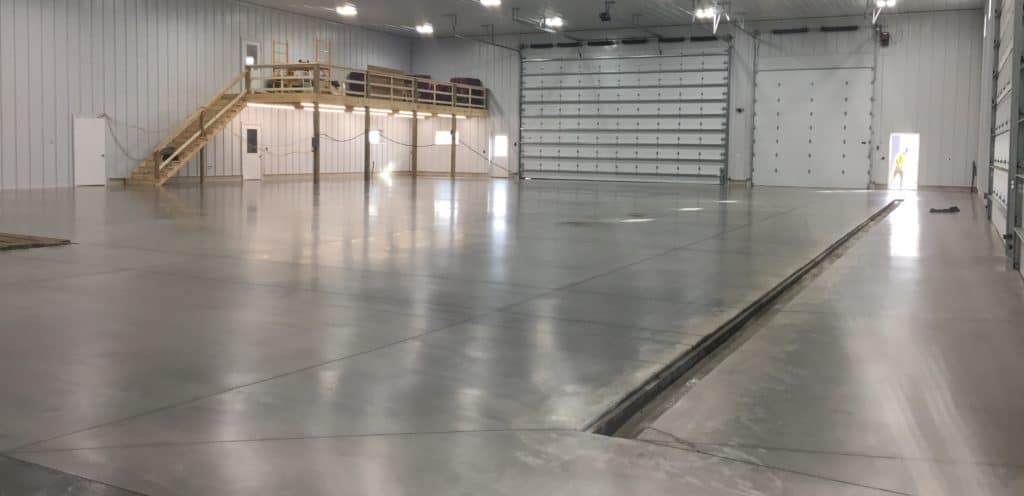
Primarily, that means “empowering people to do their best,” Dancer says. “We also want to enable people to deliver the best work to their clients. Instead of the term ‘quality,’ which is subjective depending on price and expectations, we use ‘best work.’ To us, that means error-free, on-time, every time.”
“You can achieve error-free by happenstance. You have to have systems intentionally thought out. If your building is a mess and there’s not clear expectations, people aren’t going to be able to do their best, and our clients aren’t going to get their best.”
Dancer also prioritizes team member benefits -- a huge factor in his reputation as an employer in the region.
Nick and wife Alexis welcomed their fourth child - Chloe - in early 2021.

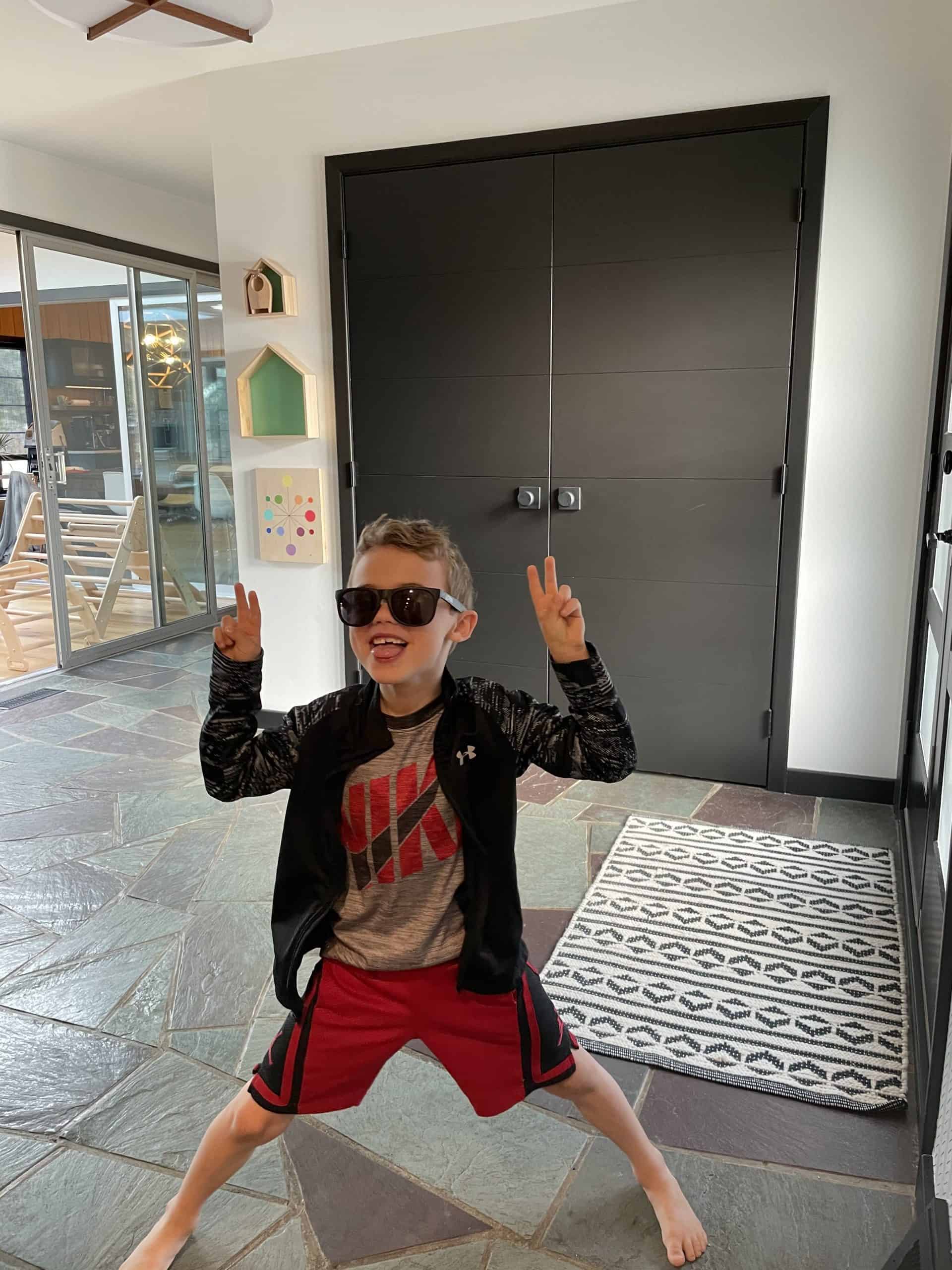
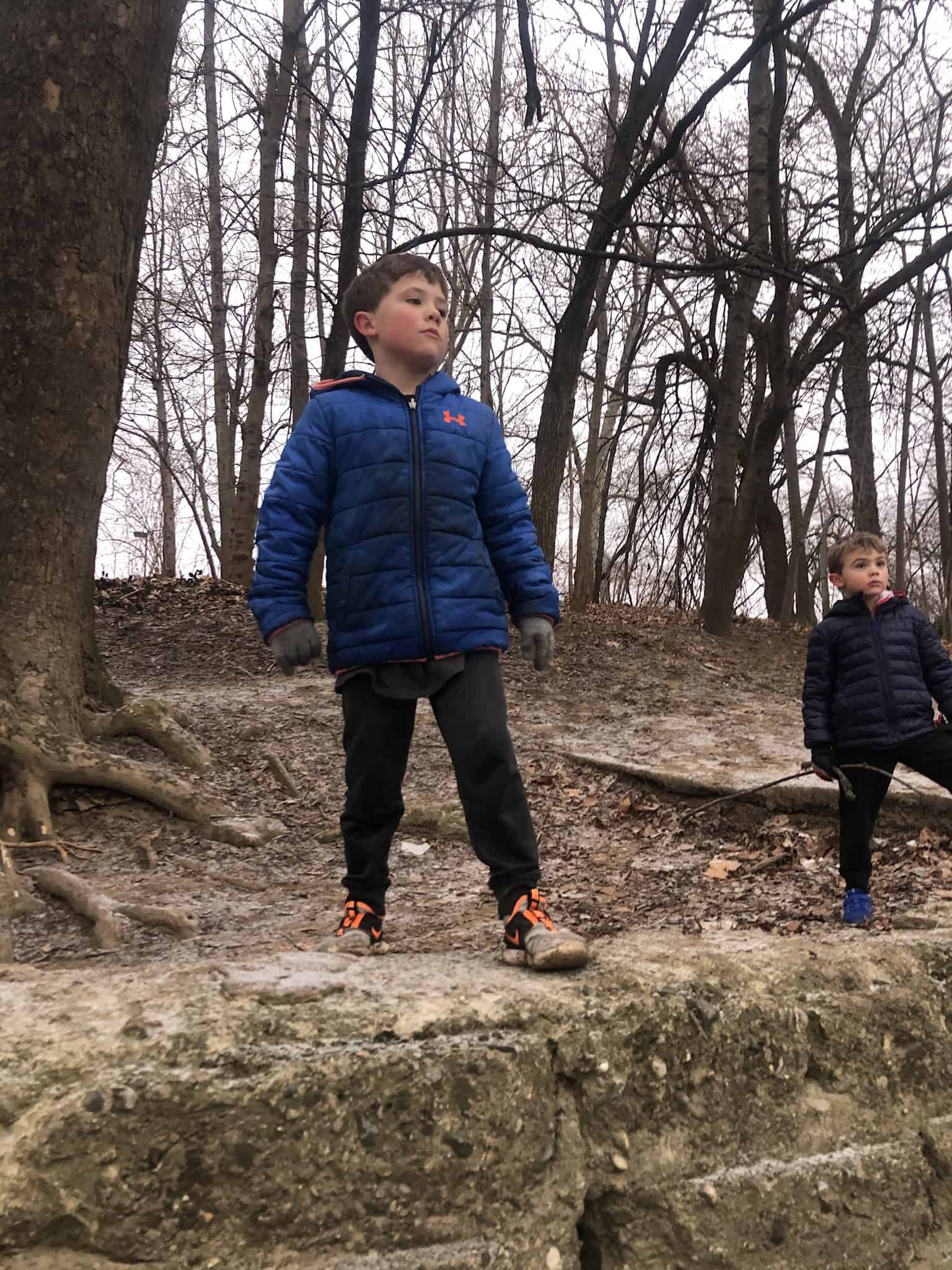
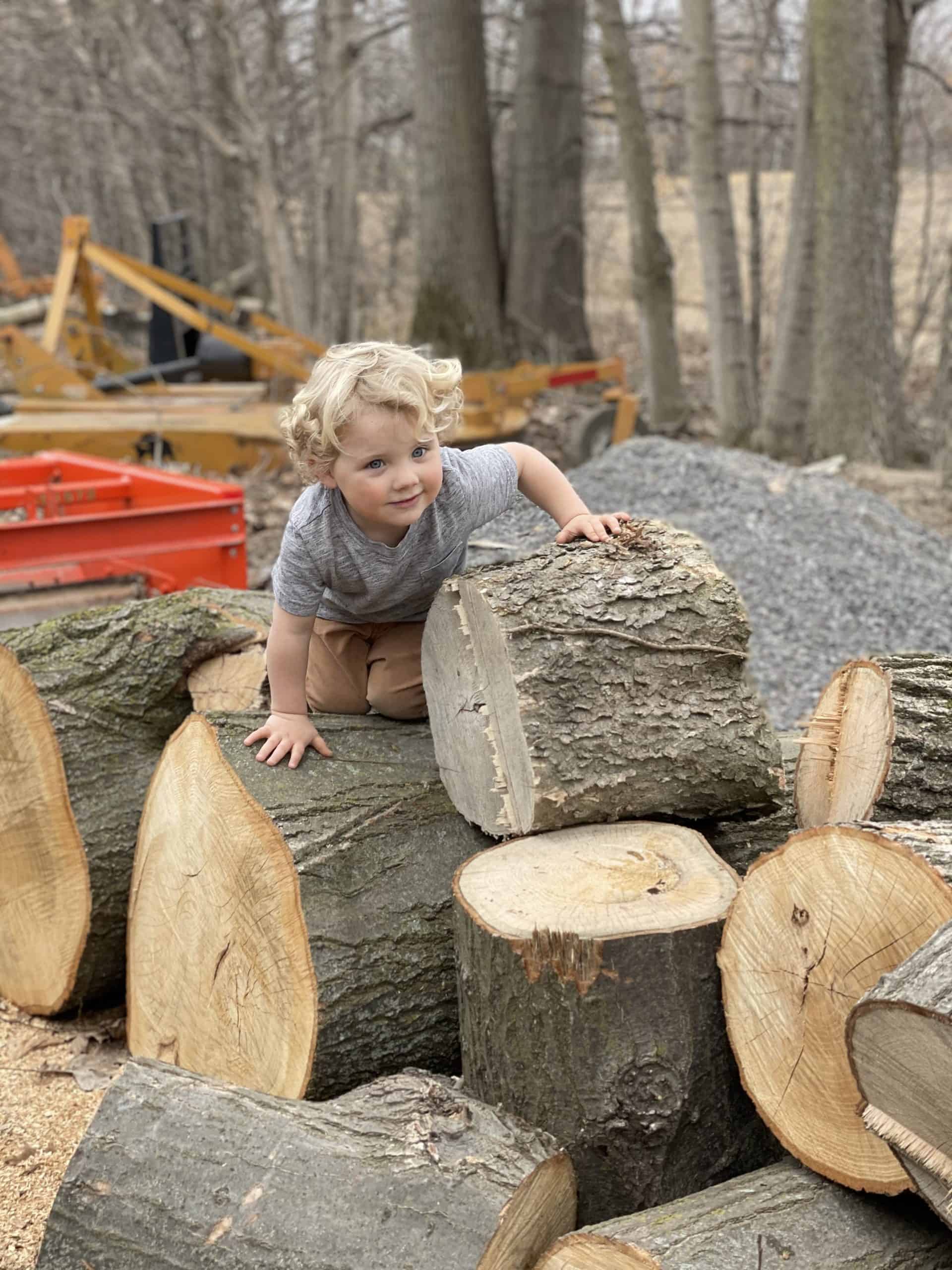
“We believe in blue-collar work with white-collar benefits,” he says. “We pay 60% of family coverage, 5% 401K match, profit-share, paid holidays and 40 hours of continuing education per year per person.”
“I think one of the keys to our business is we are looking to grow young leaders who build one of the best-run small businesses and inspire others to do the same. We do this by attracting young people who want to work here. We don’t try to hire for previous experience. One of the differentiators in our business is we hire for character, a willingness to learn and we take that and teach the skills in our business. We have an internal training academy, and real opportunities for advancement. When we need a new project manager or team leader, we don’t hire from the outside. We bring people up in our business.”
“This model takes people who make an entry-level wage in our business of $16 an hour up to $80,000 a year. A real career-type role with an average age of 24. Where most people dismiss the younger workforce, I think they have super-powers. They don’t want to work for just any company. They want to be part of a business that has a clear future, values and stands for something.”
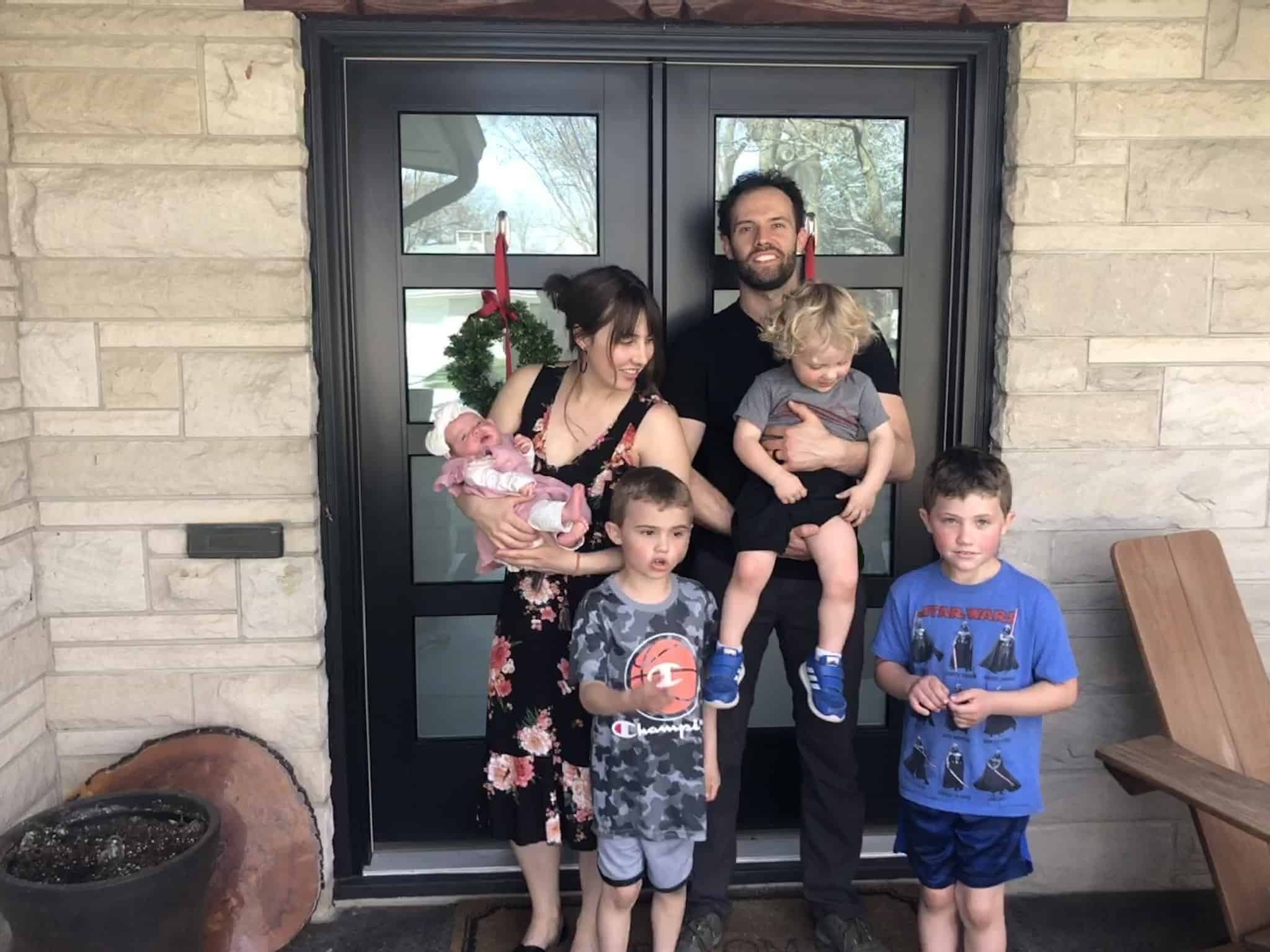
By paying attention to his operations and culture, Dancer can afford a certain amount of freedom over the type of work he and his team take on.
“We want to be the clear, easy choice for commercial and industrial projects in our area, and be invited to take part in specialty projects in other areas,” Dancer says. “If we get brought in early as part of the design process and asked, ‘Can you help?’ That’s a good project for us.”
For the right job, Dancer’s team has traveled outside of Fort Wayne to other areas in Indiana as well as parts of Michigan.
Part of the choosiness Dancer enjoys today is due to the reputation of his company boosted by marketing.
“Our business is industrial, interior, polished concrete floors. Our business has changed that way because we want to be really good at those things. We continue to say no to things so we can continue saying yes to the clients we want.”
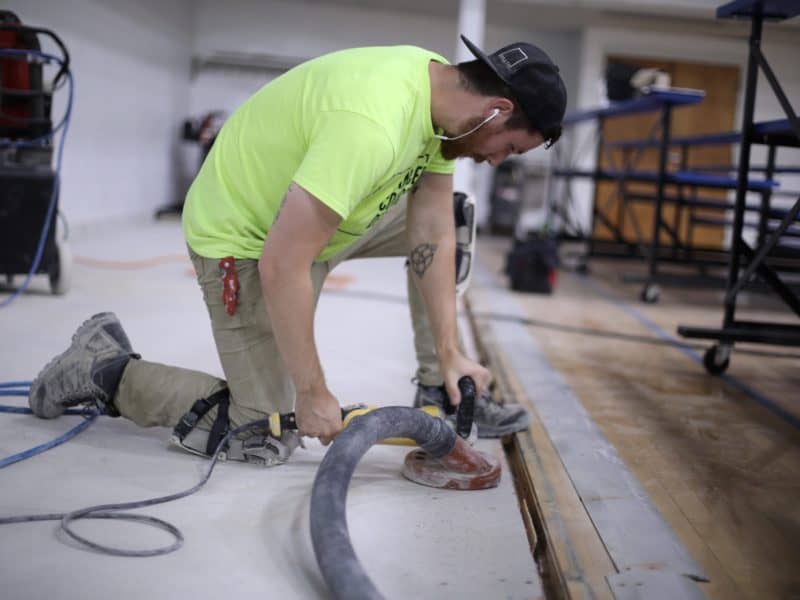
To get the desirable clients and jobs, “we have to market well, and we have to create a brand and reputation,” he says.
“That’s where the book comes in, the podcast interviews come in. We want to be such a good business that we’re written about and get publicity that people might find us through.”
In addition to his book (he authored and published “Day In, Day Out: The Secret Power in Showing Up and Doing the Work” in 2019), Dancer Concrete Design also publishes a yearly magazine called “The Process” plus numerous internal communications on product systems.
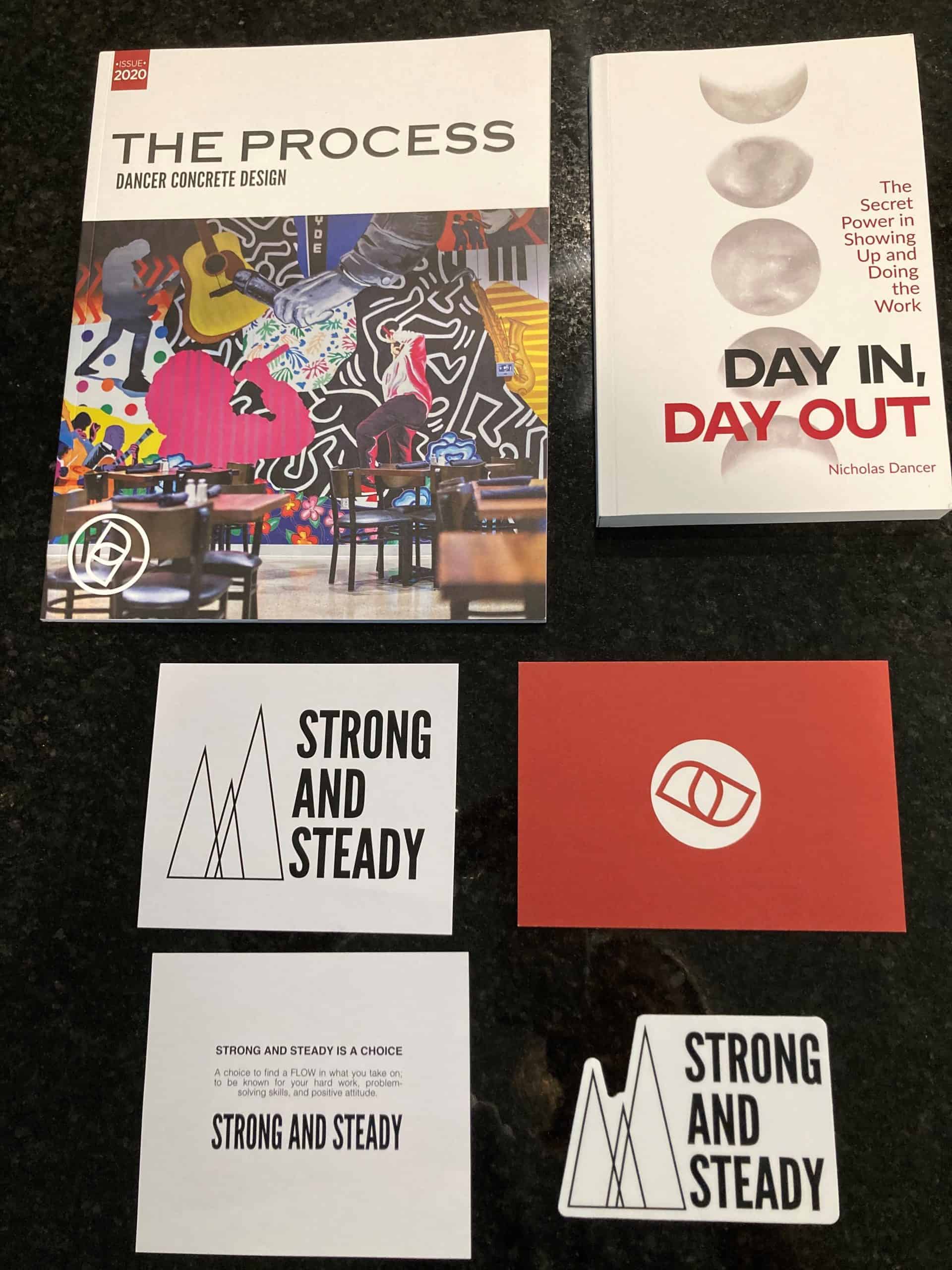
“The Process” is primarily an external selling tool – opportunities for bidding projects and sharing success stories, Dancer says. But its benefits extend throughout the families of his staff.
“When you start working with us, you’re probably living with your parents,” Dancer says. “If they get a company magazine and look at the website, that may cause them to say, ‘Oh wait. This is a legit job. They can make a career here.'"
“This is the story we need to tell. The success stories of people coming in for an entry-level job, learning skills, working hard and making a career here. These stories are alive in the 25- and 30-year-olds in our business who are getting married, buying houses. That’s my story too.”
![]()
